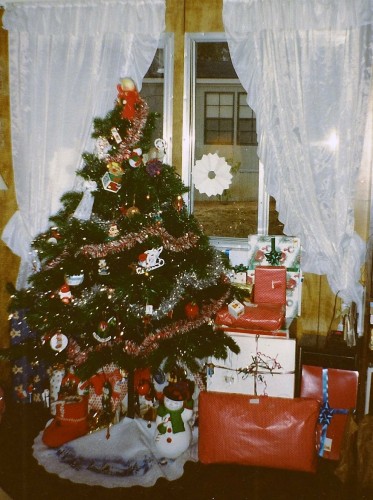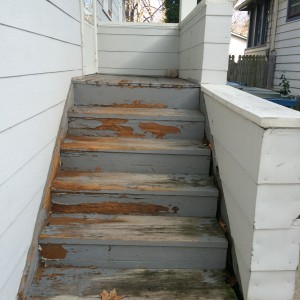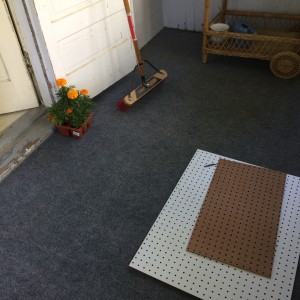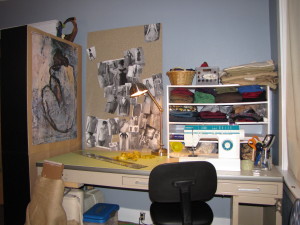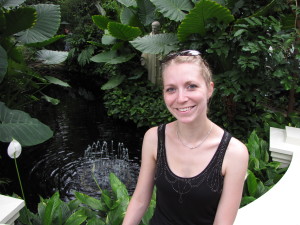I stand on the white planks of the dock, listening to the gentle sloshing of water against the grassy shore. The sun is setting behind me on this mid-August evening, earlier than it did last night, and the windows of the cottages on the eastern shore of Lake Chautauqua reflect its rosy glow.
Behind me, I hear the faint clink of wine glasses being refilled. The murmur of after-dinner conversation is punctuated with wild giggles from five-year-old Isaiah as his dad tickles him, doing his best to rile him up before bedtime.
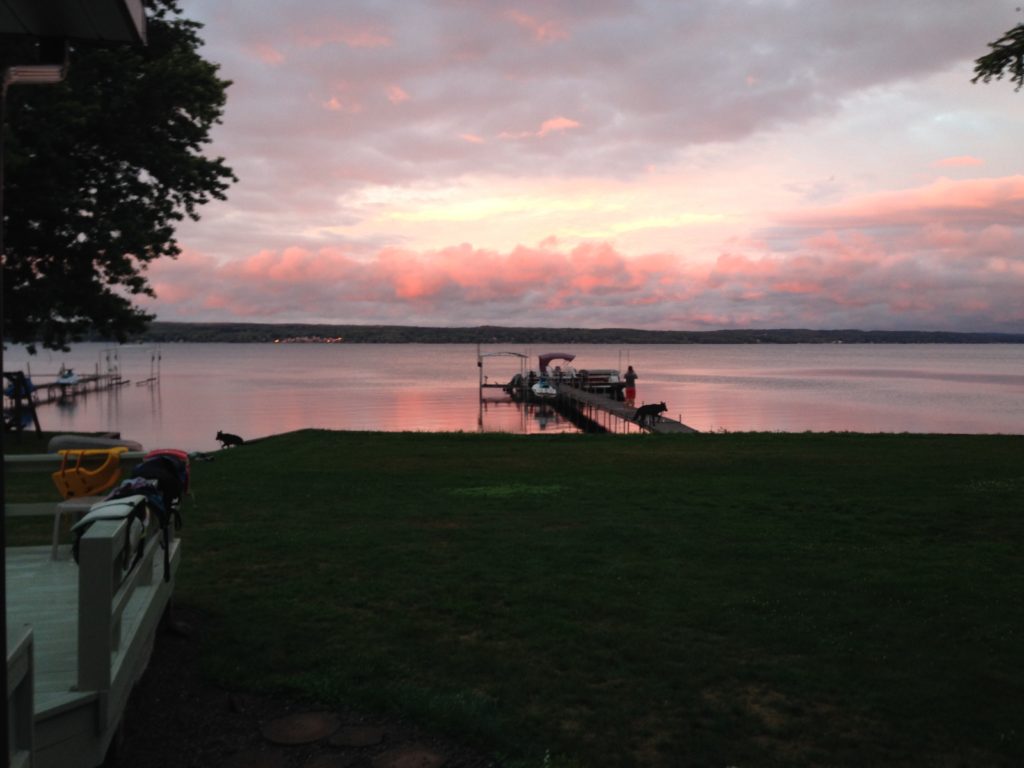 As I walk back to join my friends on the shady side porch, I hear the teenagers laughing together from the kitchen. They have finished clearing the picnic table of ravaged corncobs and remnants of hamburger fixings, used paper plates and empty tortilla chip bags.
As I walk back to join my friends on the shady side porch, I hear the teenagers laughing together from the kitchen. They have finished clearing the picnic table of ravaged corncobs and remnants of hamburger fixings, used paper plates and empty tortilla chip bags.
Once upon a time, I would have been the one standing at that sink, stowing leftovers, choosing dish duty as an introvert’s temporary retreat from the stimulation of too many people. But on this evening, I am content to lower myself into a cushioned deck chair and join the twilight conversation circle with my friends.
One combination or another of us have been gathering in this place over the course of so many summer evenings over so many decades—since we were barely older than the teenagers who are in the house now. They are singing selections from the U2 catalog, the soundtrack of their young lives—a legacy from their parents and their parents’ friends.
***
I was barely 18 when I first visited this cottage on this lake.
It was mid-October, a little over a month into my first year of college, and the Christian fellowship group hosted a weekend retreat at Lake Chautauqua in western New York State, an hour or so away from my northwestern Pennsylvania campus. There were too many of us to fit into one house, so a student’s family offered up beds and floor space in their vacation cottage for the overflow.
Little did I know then that the student whose house this was would become one of my best friends. And little did I suspect how many times I would return to this cottage on this lake and be comforted by how little it changed, while so many other things changed too much.
***
In our 20s, our lakeside reunions were carefree and action-packed. After many hours spent on the water, skiing and tubing, swimming and sunbathing, mealtimes were dictated by our hunger pangs, and bedtimes put off as long as possible as we basked in each other’s company. There were often more bodies than beds, and so sleeping bags and tents popped up on the side lawn. Those of us lucky enough to end up on the living room sofa bed were the last to sleep and the first to wake, as early-risers stumbled into the kitchen for morning coffee.
In our 30s, we negotiated whose turn it was to go out on the boat by calculating the appropriate ratio of adults to children, and then negotiating whose turn it was on the skis or the tube or the raft. Others of us stayed on shore to stand guard during toddlers’ nap times or to keep dinner preparations on schedule for the sake of the little ones. Bedrooms were assigned based on family sizes and necessary floor space for sleeping bags. The grownups cooked and the older kids took turns cleaning up.
This is the place we celebrated college graduations and engagements and anniversaries—and mourned broken relationships and divorces and losses of many kinds. It’s where we laughed together over shared memories and oft-repeated stories. It’s where we comforted each other during hard seasons that seemed like they may never end.
And always, the twilight conversation circle.
***
Isaiah has been tucked into bed. The singing teenagers are still in the house, busy with projects which will keep them occupied into the wee hours of the morning and cause them to sleep until noon the next day. And we—the grownups—sip wine and solve the world’s problems by the yellow glow of a citronella candle.
Tonight, a month shy of my 50th birthday, I soak in the familiar summer ritual. I listen to updates about friends’ “kids” who once-upon-a-time were with us at the lake, but who are now newly married or starting a first job after graduating from college. We commiserate about the most divisive presidential race of our lifetime. We pass around smart phones to share photos—and drugstore reading glasses so that we can pull them into focus. We joke about graying hair and thickening waists and, with broad yawns, our regrettable need for a full eight hours of sleep.
I think about friends who aren’t with us this year and how I wish they were. I think about singleness and marriage and divorce and remarriage and blended families and grief and brokenness and love and redemption. I think about the ways life has turned out how we hoped it would and the ways it has not.
I think about the grace of another late-summer evening at the lake house.
***

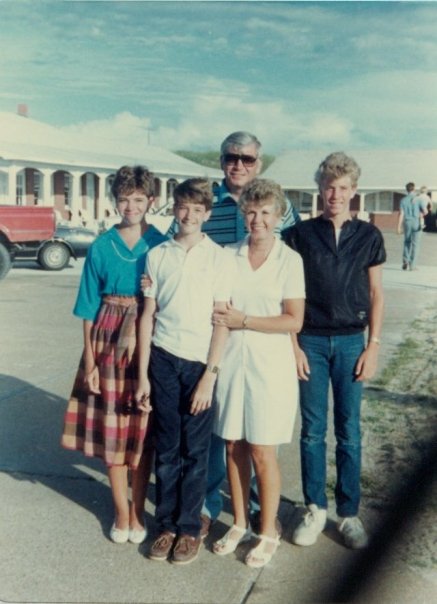





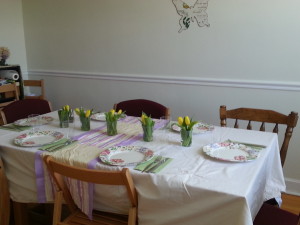
 rayon-drawn cards, apology notes with misspelled superlatives, and portraits where the size of my head dwarfs my torso. In one early drawing, a student depicted me with flowing red hair and a bikini. I have two guns in holsters at my hips and a rainbow behind me.
rayon-drawn cards, apology notes with misspelled superlatives, and portraits where the size of my head dwarfs my torso. In one early drawing, a student depicted me with flowing red hair and a bikini. I have two guns in holsters at my hips and a rainbow behind me.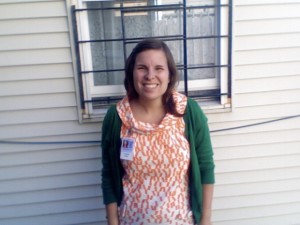 liberal arts educations behind us, hailing from some of the top universities in the country and swearing our scout’s honor that we worked hard and could make it through a few years teaching in the inner city.
liberal arts educations behind us, hailing from some of the top universities in the country and swearing our scout’s honor that we worked hard and could make it through a few years teaching in the inner city.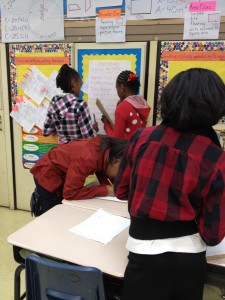
 for another student in our room. Like any relic, its meaning was held in the knowledge of the one who owned it, like the rag of an apostle’s robe or the heel bone of a saint.
for another student in our room. Like any relic, its meaning was held in the knowledge of the one who owned it, like the rag of an apostle’s robe or the heel bone of a saint. 
